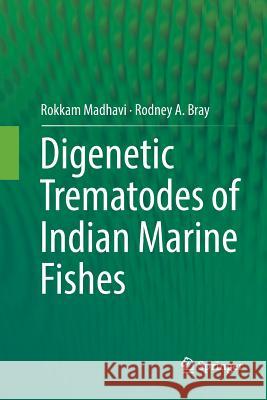Digenetic Trematodes of Indian Marine Fishes » książka
topmenu
Digenetic Trematodes of Indian Marine Fishes
ISBN-13: 9789402416503 / Angielski / Miękka / 2019 / 693 str.
Kategorie:
Kategorie BISAC:
Wydawca:
Springer
Język:
Angielski
ISBN-13:
9789402416503
Rok wydania:
2019
Dostępne języki:
Ilość stron:
693
Waga:
0.96 kg
Wymiary:
23.39 x 15.6 x 3.58
Oprawa:
Miękka
Dodatkowe informacje:
Wydanie ilustrowane











